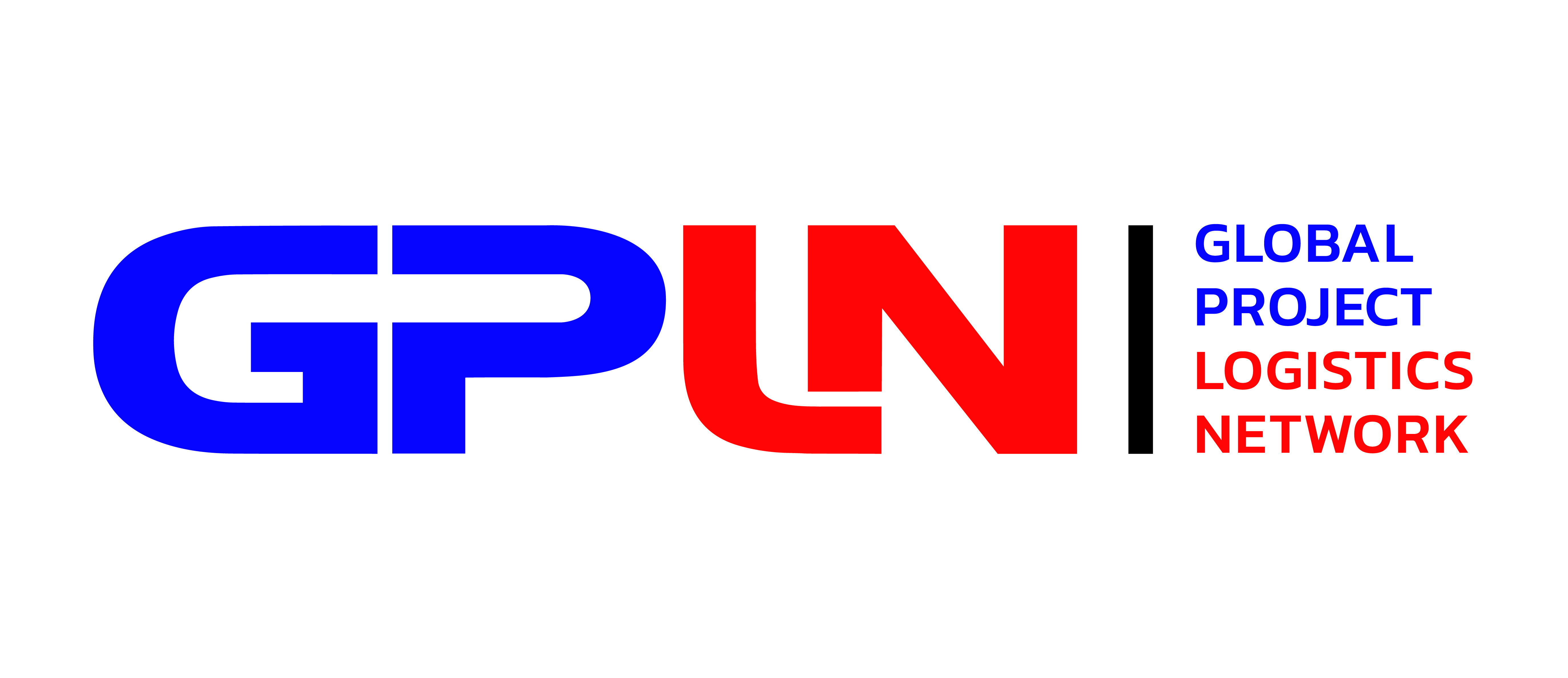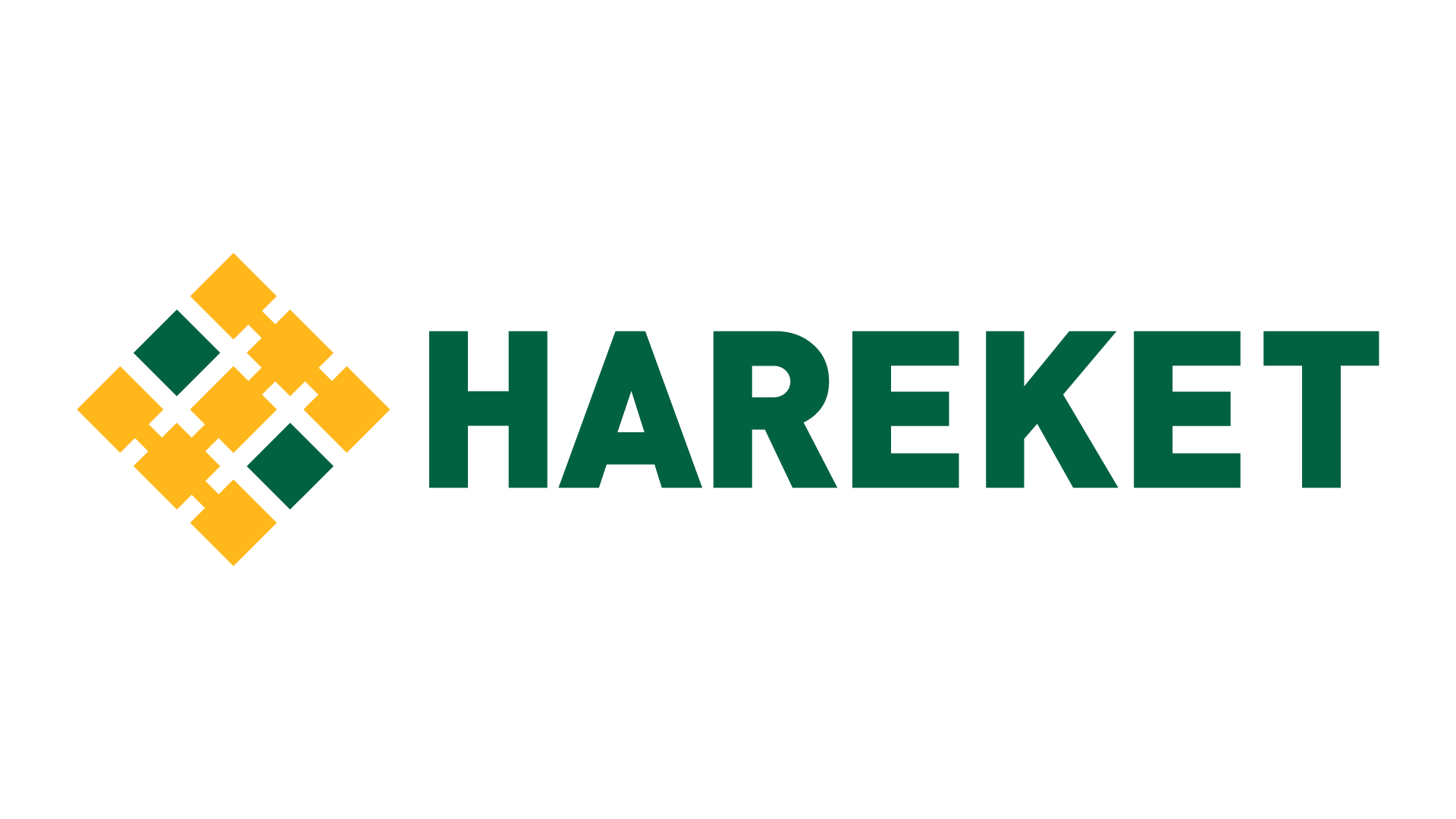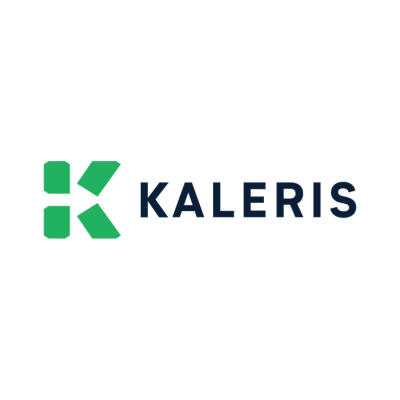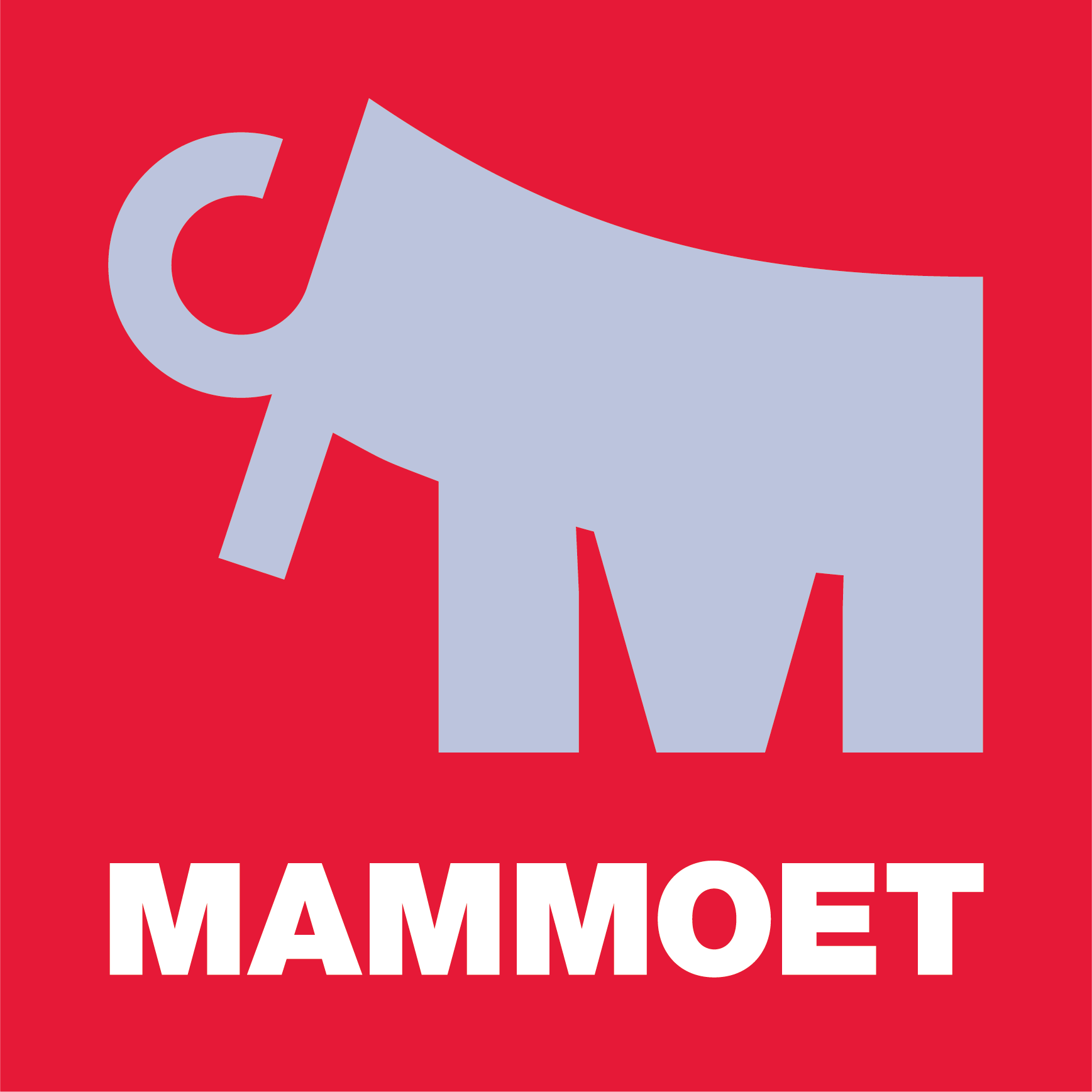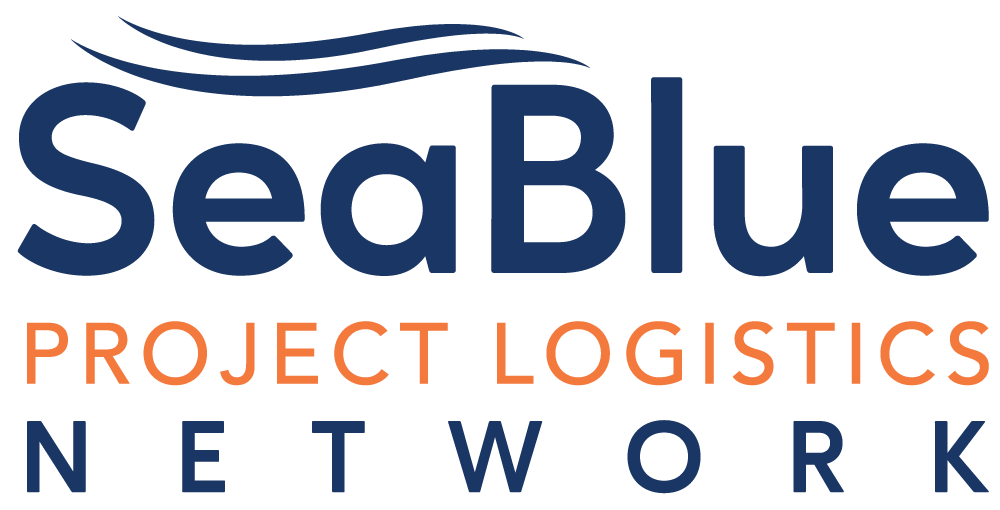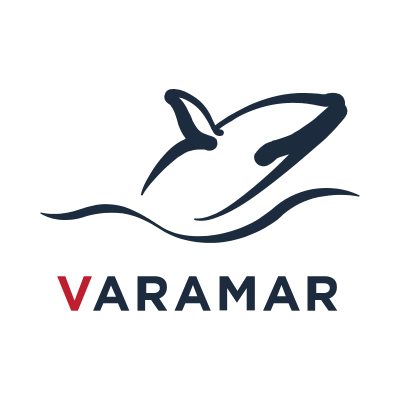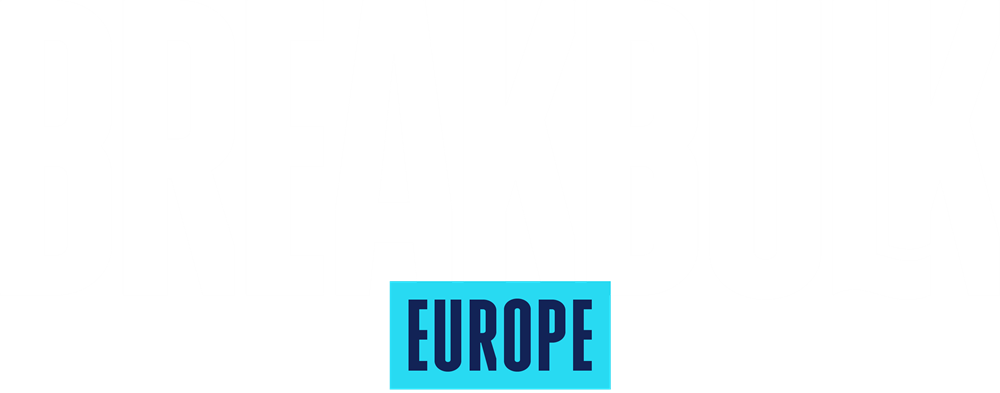Logistics Leaders Face up to Trade Disruption and Risk
_2.jpg)
By Luke King
At Breakbulk Europe, a panel of senior project cargo leaders took the stage to examine the effects of geopolitical instability on global trade – and how the industry is evolving to mitigate risks and respond to new realities.
Moderated by Tina Benjamin-Lea, senior logistics manager for Northvolt’s Drei project, the session titled Geopolitical Disruption of Global Trade addressed how trade wars, security threats, and shifting alliances are complicating project logistics – from rerouted vessels to sanction compliance and rising tariffs.
Panelist Tarek Amine, principal vice president and chief supply chain officer at Bechtel, said the industry must plan around constant disruption – including challenges from Section 301 tariffs, a U.S. trade enforcement tool that allows the government to impose duties on countries deemed to engage in unfair trade practices. Originally used to target China, these tariffs have had ripple effects throughout global supply chains.
“301 and other tariffs have a huge impact, but nobody really knows what the answer is yet,” Amine said. “We need to wait and see, but also develop strategies in parallel – and that means deepening relationships with our partners.”
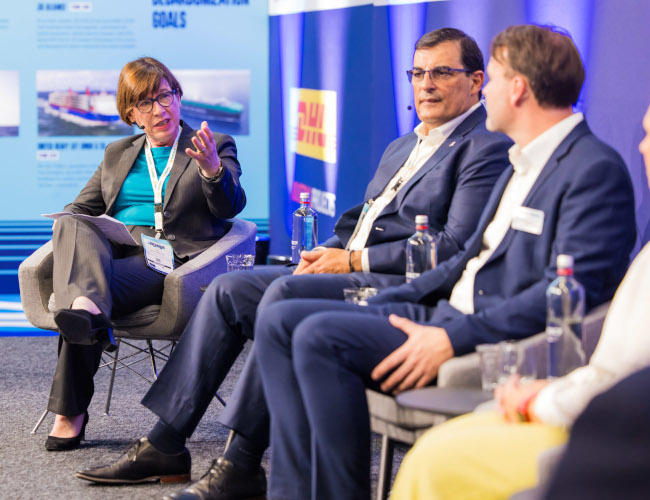_2.jpg?width=500&height=384) Amine emphasized that for a global, project-based business like Bechtel, supply chain maturity and close collaboration with owners and vendors are essential to navigating unpredictable terrain. “Your partnership is your navigation guide,” the executive said.
Amine emphasized that for a global, project-based business like Bechtel, supply chain maturity and close collaboration with owners and vendors are essential to navigating unpredictable terrain. “Your partnership is your navigation guide,” the executive said.
Peter Rondhuis, CEO of Roll Group, noted that Section 301 tariffs also affect shipowners – raising costs and contributing to shipper hesitancy. “It’s constantly changing – nothing is a given,” he said. “We haven’t seen cancellations, but there’s fear among shippers about the high tax regime.”
Rondhuis added that governments must be made aware that “at the end of the day, the customer pays the bill.” He urged better communication and predictability around new trade measures: “If we can have longer lead times before these things come in, it’s at least more manageable.”
For DHL Industrial Projects, the key challenge lies in aligning long-term logistics planning with a news cycle that shifts by the hour. “We’re doing a good job reacting,” said Peter Dudas, vice president and head of industrial projects MEA. “But the planning phase is where the real challenge lies. Our customer commitments span years, but we’re living in a world that changes daily.”
CEO of CJ-ICM Logistics, Altug Sozalan, said disruptions are more than just theory – they’ve already upended the routes his company traditionally relied on. “In the last three years, we’ve been impacted by the Ukraine-Russia conflict and the situation in the Suez Canal,” he said. “Even today, many EPCs are refusing to route via the Caspian Sea.”
Sanctions have become a growing area of concern. “That used to focus mostly on Iran, but now we’re having to build compliance structures around Russia, too. And not all clients are fully aware of the sanctions environment.”
In some cases, shipping decisions are having to being adjusted. Dudas said his team has had to consider alternative vessel options – including using Chinese carriers – to avoid high-risk regions such as the Red Sea. “That’s the environment we’re operating in,” he said.
Rondhuis said Roll Group made the early call to stop transiting the Red Sea altogether. “We turned a ship around in the Suez Canal,” he said. “Our first priority is the crew, then the cargo, then our assets – it was an easy decision.”
But the human impact doesn’t end with cargo owners. Ruth Campbell, port chaplain at the Port of Tilbury’s Mission to Seafarers, highlighted the emotional toll on crew members operating in high-risk regions. “We’ve seen a rise in anxiety, loneliness, and mental health issues,” she said. “Their families are worried for them, and many feel isolated. We have a moral obligation to support these people – without them, nothing moves.”
Campbell added that extended sea time can sometimes be a blessing. “Ironically, crew often enjoy longer transits – they’re not rushing in and out of port, they can socialize. Maybe that’s one silver lining.”
As the session closed, Dudas warned against normalizing instability: “Unpredictability encourages enhanced risk-taking in the supply chain – and that’s not good for our industry in the long term. What we need is stability.”
Want to be part of the conversation? Join us at Breakbulk Americas 2025, taking place 30 Sep–2 Oct in Houston. The event will feature a full line-up of main stage panel sessions, where experts and industry leaders from across the breakbulk supply chain will discuss the most pressing issues facing the industry today.
Top photo (L-R): Peter Rondhuis, Ruth Campbell, Altug Sozalan, Peter Dudas. Credit: Richard Theemling Photography
Second: Tina Benjamin-Lea, Tarek Amine. Credit: Richard Theemling Photography
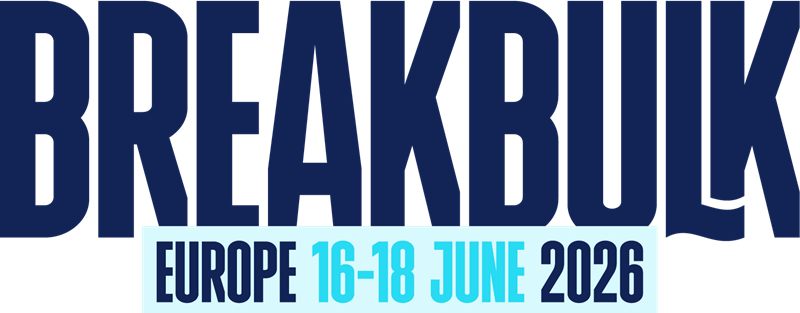


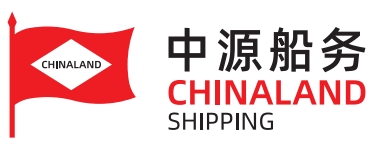
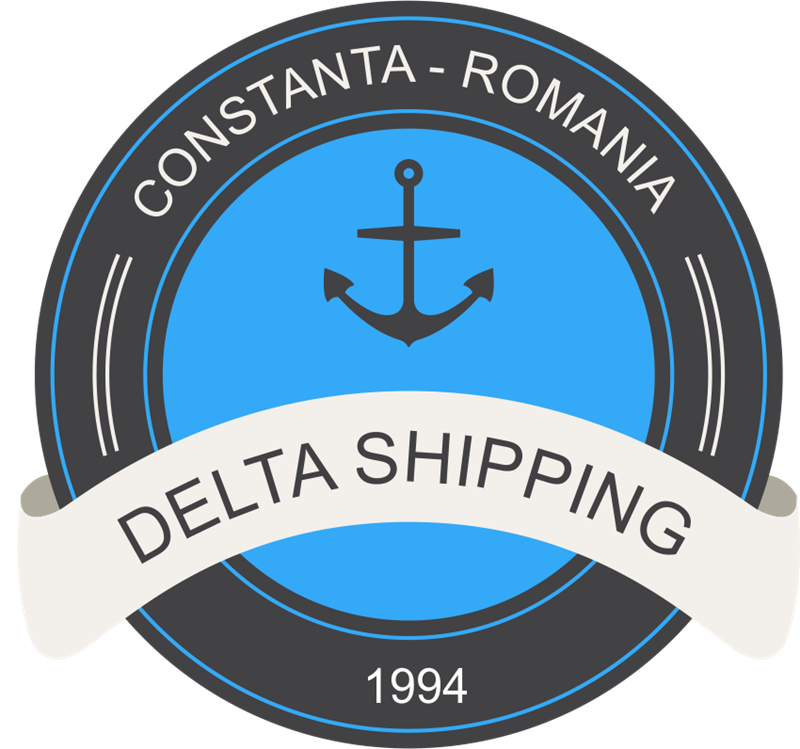
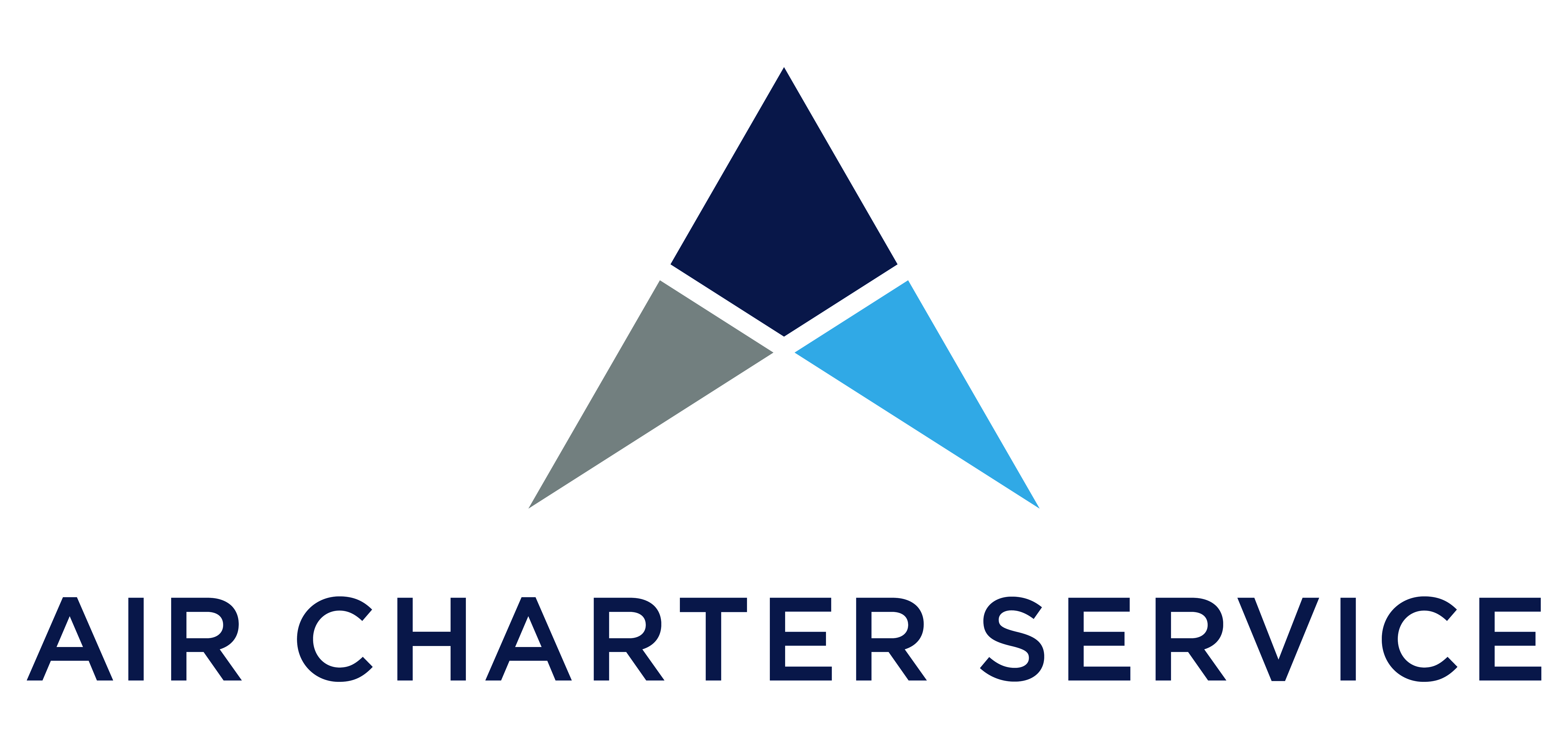

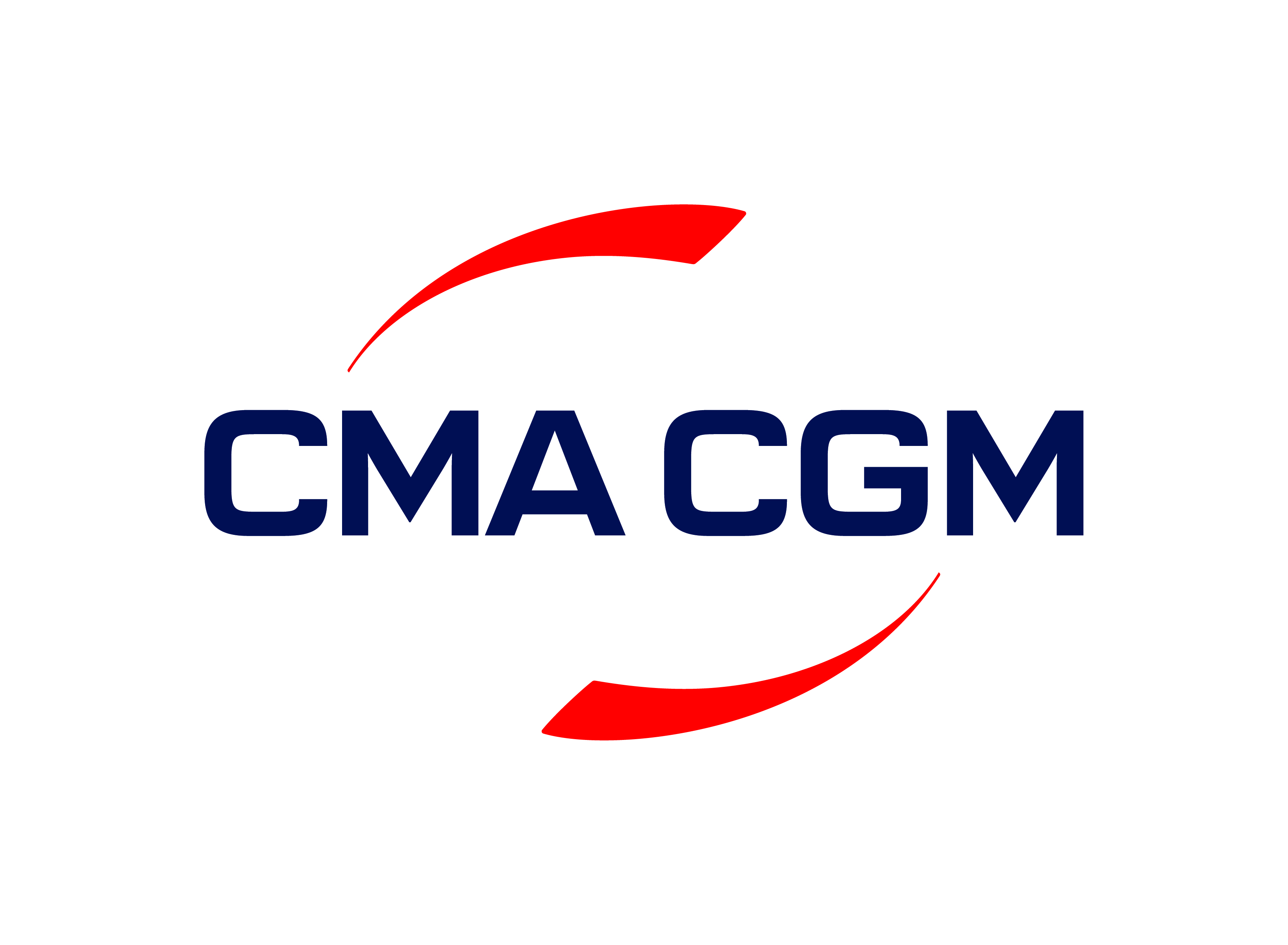
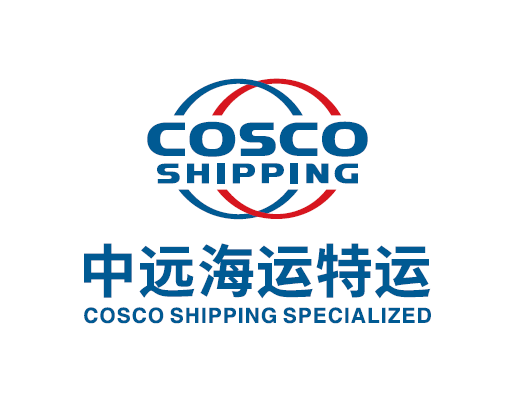

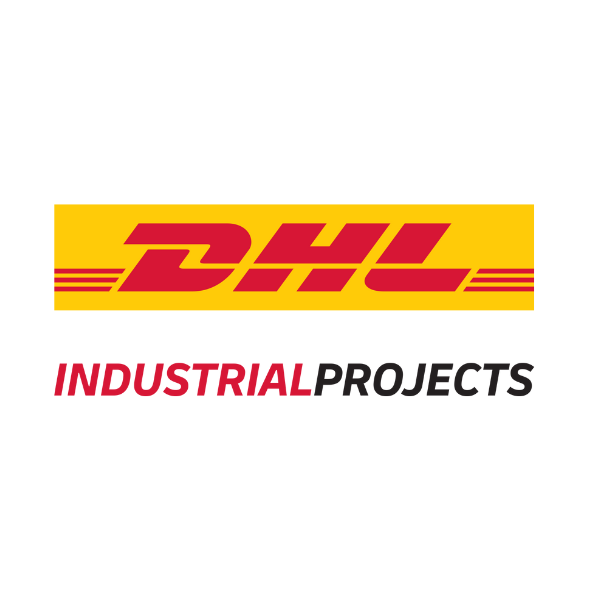
.png?ext=.png)


